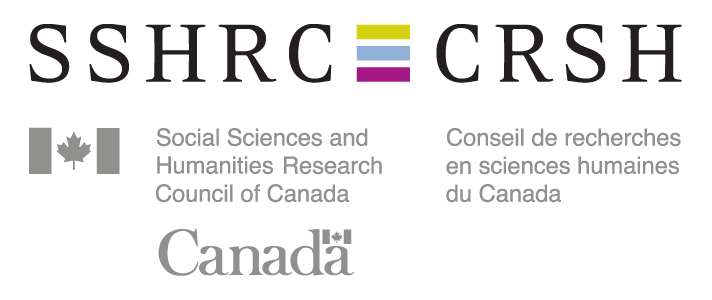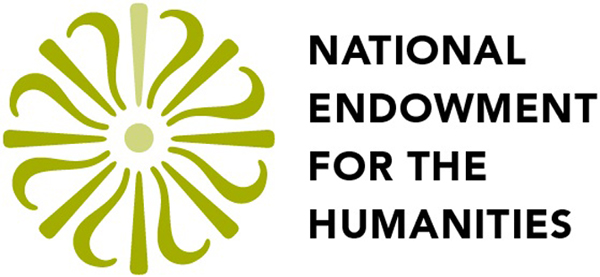Objectives of the project
-
Formulate, test and evaluate methodologies for the automated analysis and machine translation of transliterated (i.e., transcribed sign-by-sign) cuneiform documents, and provide state-of-the-art technology to specialists in the field of Assyriology;
-
Make available the translation of a specific and representative set of cuneiform documents to scholars in related disciplines and to a networked public (namely the Ur III corpus);
-
Provide new data for the study of the language, culture, history, economy and politics of the ancient Near East by harvesting the linguistic byproducts of the translation and information extraction processes;
-
Formalize these new data utilizing Linked Open Data (LOD, including Linguistic LOD) vocabularies, and foster the practices of standardization, open data and LOD as integral to projects in digital humanities and computational philology.
Team
University of Toronto, Department of Near and Middle Eastern Civilizations, Digital Cuneiform Research Group
- Heather D. Baker, Principal Investigator
- Émilie Pagé-Perron, Coordinator
- William McGrath
- Jinyan Wang
University of Frankfurt, Institut für Informatik, Angewandte Computerlinguistik Lab
- Christian Chiarcos, Co-Principal Investigator
- Ilya Khait
- Niko Schenk
University of Los Angeles, California, Department of Near Eastern Languages and Cultures, Cuneiform Digital Library Initiative
- Robert K. Englund, Co-Principal Investigator
- Aoxuan (Douglas) Li
- Shraddha Manchekar
- Jayanth
External Contributors
- Doğu Kaan Eraslan, Ecole Pratique des Hautes Etudes: Égypte ancienne: archéologie, langue, religion (EA 4519)
- Prepared a C-ATF Parser
Funding
The MTAAC project is funded by the DFG, SSHRC and NEH through the Digging into Data Challenge.



